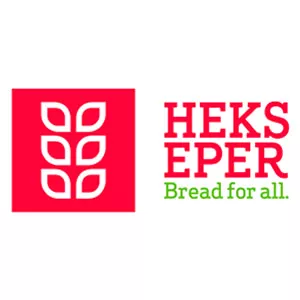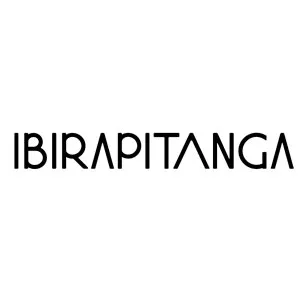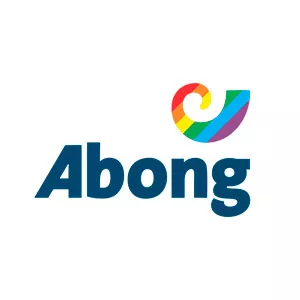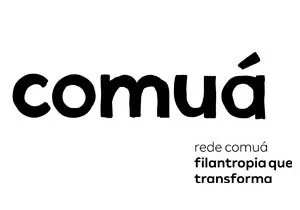12 de March de 2016
[:pb]Do confronto ao diálogo
Uma palavra da Igreja Evangélica de Confissão Luterana no Brasil
IECLB
As comunidades da IECLB anunciam e vivenciam em 2016 que, Pela graça de Deus, [somos] livres para cuidar. E queremos exercitar esse cuidado, tendo como critério a orientação do profeta Amós: Buscai o bem e não o mal (Amós 5.14a). Acreditamos que o convite feito às comunidades da IECLB pode ser um convite também para o povo brasileiro em geral diante do que se passa em nosso país hoje, cujos desdobramentos são imprevisíveis e perigosos.
O Brasil conquistou a democracia a duras penas. Um dos componentes imprescindíveis para que a democracia cresça e floresça chama-se diálogo. Diá logos: por meio da palavra; através da palavra. Diálogo é a interação entre pessoas através da palavra. Porém, acompanhando as notícias em nosso país hoje, fica-se com a nítida impressão de que estamos desaprendendo a dialogar. Há um clima de crescente tensão. Em lugar da palavra são colocados gritos, empurrões. Cresce o confronto a qualquer custo. Será que estamos esquecendo o que conquistamos a duras penas? Cansamo-nos da bendita oportunidade de viver a democracia que se constrói com diálogo?
Do ponto de vista cristão, há o que aprender quando o diálogo é substituído pelo confronto e até pela negação da outra pessoa. Do conflito à comunhão, um documento que avalia numa postura autocrítica a Reforma (1517), contém um parágrafo que pode jogar uma luz sobre o atual momento brasileiro:
“No século XVI, católicos e luteranos frequentemente não apenas entenderam mal, mas também exageraram e caricaturizaram seus oponentes para expô-los ao ridículo. Repetidas vezes violaram o oitavo mandamento que proíbe levantar falso testemunho contra seu próximo. Mas mesmo quando os oponentes eventualmente fossem corretos um com o outro, sua disposição de ouvir o outro e levar a sério suas questões era insuficiente. Os controversos queriam refutar e vencer seus oponentes, muitas vezes exagerando de modo deliberado os conflitos, ao invés de buscar soluções a partir de um olhar do que tinham em comum. Preconceitos e mal-entendidos tiveram um grande papel na caracterização da outra parte. Formaram-se assim oposições que foram passadas à geração seguinte” (parágrafo 233).
A democracia, a política, a cidadania, a palavra como meio – é o que dispomos para, como gente cidadã, buscar o bem e não o mal. Afinal, a democracia não está à venda! É nossa convicção de que somos livres, por graça divina, para cuidar bem desse bem!
Do confronto ao diálogo – respeitoso, persistente, atento – para deixar que o bem cresça e floresça,
Fraternalmente,
Nestor Paulo Friedrich
Pastor Presidente da Igreja Evangélica de Confissão Luterana no Brasil[:]
SEE WHAT THEY SAY ABOUT US
Over these 50 years, we have received the gift of CESE’s presence in our communities. We are witness to how much companionship and solidarity it has invested in our territories. And this has been essential for us to carry on the struggle and defence of our people.
CESE was set up during the most violent year of the Military Dictatorship, when torture had been institutionalized, when arbitrary imprisonment, killings and the disappearance of political prisoners had intensified. The churches had the courage to come together and create an institution that could be a living witness of the Christian faith in the service of the Brazilian people. I’m so happy that CESE has reached its 50th anniversary, improving as it matures.
In the name of historical and structural racism, many people look at us, black women, and think that we aren’t competent, intelligent, committed or have no identity. Our experience with CESE is different. We are a diverse group of black women. We are in varied places and have varied stories! It’s important to know this and to believe in us. Thank you CESE, for believing in us. For seeing our plurality and investing in us.
I am a macumba devotee, but I love being with partners whose thinking is different from ours and who respect our form of organization. CESE is one such partner: it helps to build bridges, which are so necessary to ensure that freedom, diversity, respect and solidarity can flow. These 50 years have involved a lot of struggles and the construction of a new world.
When we hear talk of the struggles of the peoples of the waters, of the forests, of the semi-arid region, of the city peripheries and of the most varied organizations, we see and hear that CESE is there, at their side, without replacing the subjects of the struggle. Supporting, creating the conditions so that they can follow their own path. It is this spirit that we, at ASA, want you to maintain. We wish you long life in this work to support transformation.
You have to praise CESE’s capacity to find answers so as to extend support to projects from traditional peoples and communities, from family farming, from women; its recognition of the multiple meanings of the right to land, to water and to territory; the importance of citizenship and democracy, including environmental racism and the right to identity in diversity in its discussion agenda, and its support for the struggles and assertion of the values of solidarity and difference.




















